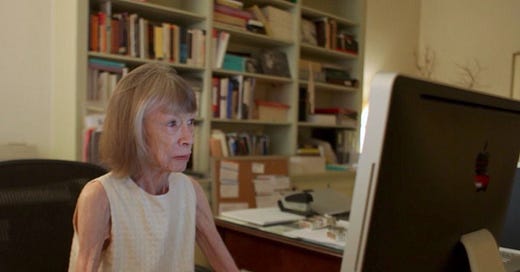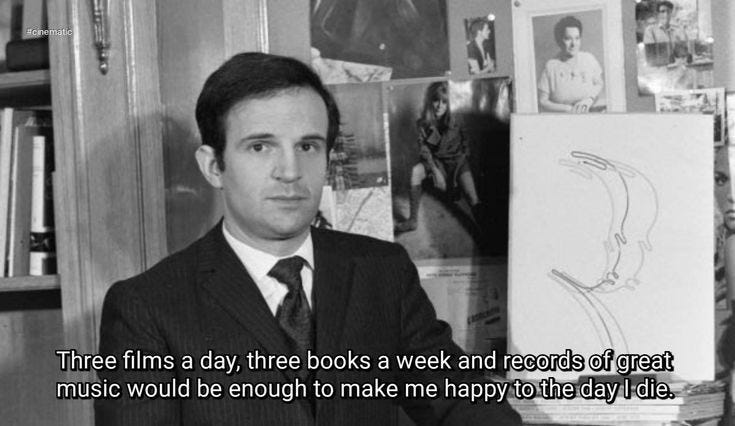there’s a certain kind of burnout that’s hard to name because it doesn’t come with a dramatic collapse. you don’t quit your job, or cry at the pharmacy, or sleep through your alarms. instead, you keep showing up — barely — while feeling like a ghost inside your own life. you answer emails like a shell of a person. you make dinner and can’t taste it. you laugh at the right moments but nothing feels funny. what makes this kind of burnout worse is that, on the surface, nothing looks wrong. you’re still performing. you’re still functioning. and for people who’ve spent their whole lives performing competence as a survival mechanism, this kind of internal collapse can fly under the radar for months. maybe even years.
for me, it happened slowly. there wasn’t a single trigger. it wasn’t postpartum, or overwork, or heartbreak. it was simply the exhaustion of being relentlessly on. a soft, ambient exhaustion. not the dramatic kind that gives you permission to rest. the quieter kind that tells you you don’t deserve to. and what made it so slippery was that it arrived during a season that, on paper, should have felt fulfilling. i was building things. i was loved. i had what i once said i wanted. but i couldn’t feel it. i was alive in theory, but inside, i was buffering.
so i didn’t try to reinvent my life. i didn’t go on a retreat or hire a life coach or delete my apps. i just started doing tiny things — sometimes weird things — that gave me small glimpses of aliveness. most of them weren’t wellness-adjacent. many were mildly unhinged. all of them helped.
here are the small, strange things that saved me from burnout
1. creating a fake schedule for a parallel life
i started a google calendar for an imaginary version of me who lives in portland and works at a tiny bookstore that smells like cedar and cold brew. she wakes up early, bikes to work, hosts poetry nights on fridays, and is currently debating whether to start seeing the barista across the street. it sounds deranged, but this little simulation helped me understand what my current life was missing. not the barista — but the rhythm. the slowness. the public-privacy of third places. fantasy, for me, was a diagnostic tool.
Keep reading with a 7-day free trial
Subscribe to milk and cookies to keep reading this post and get 7 days of free access to the full post archives.






